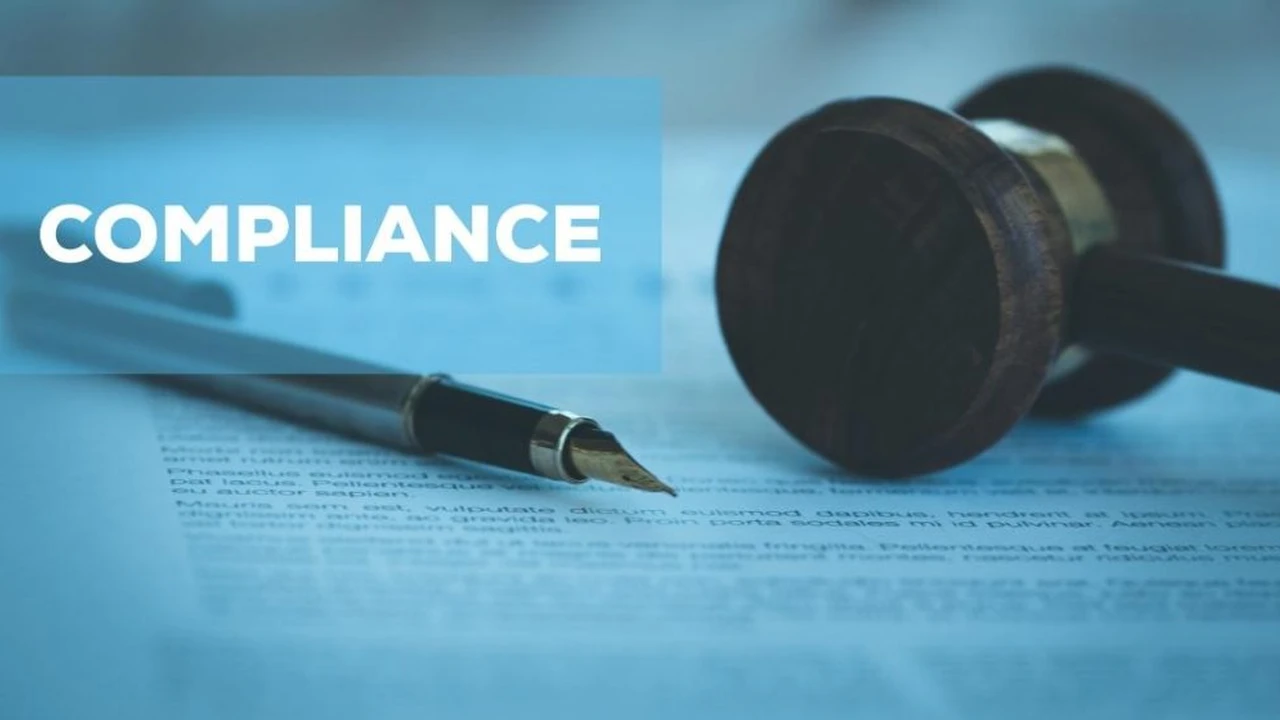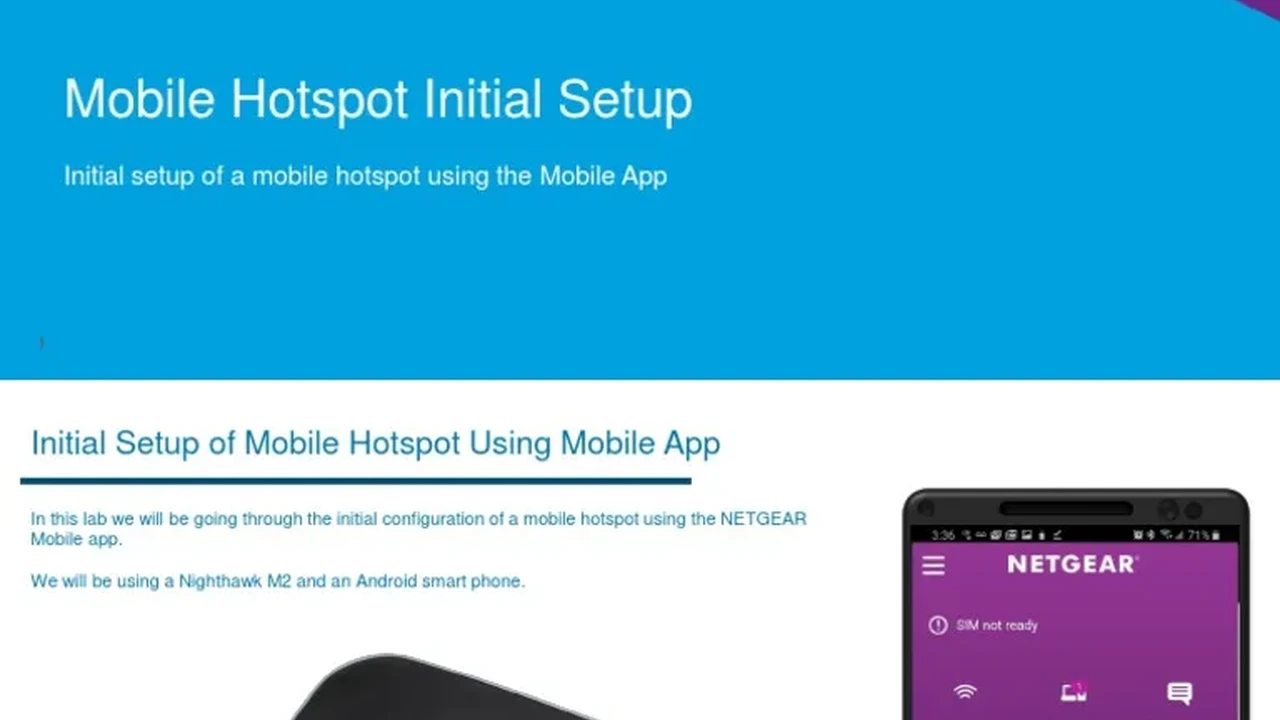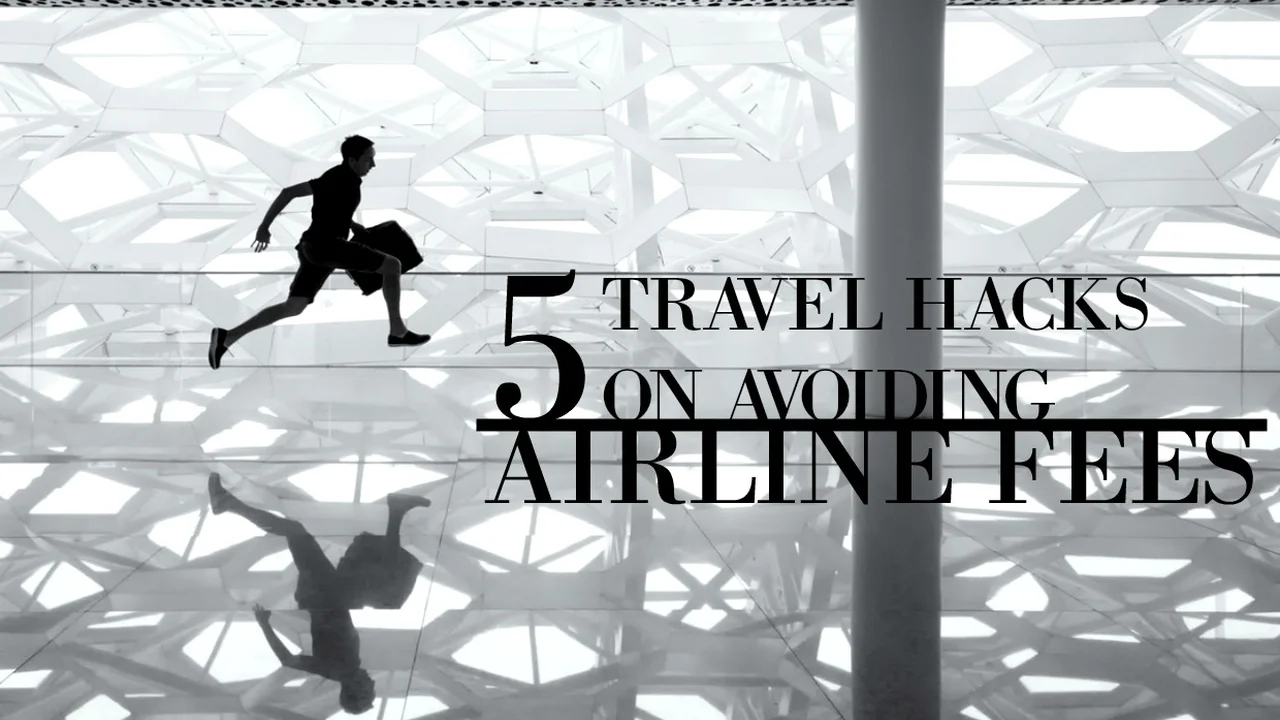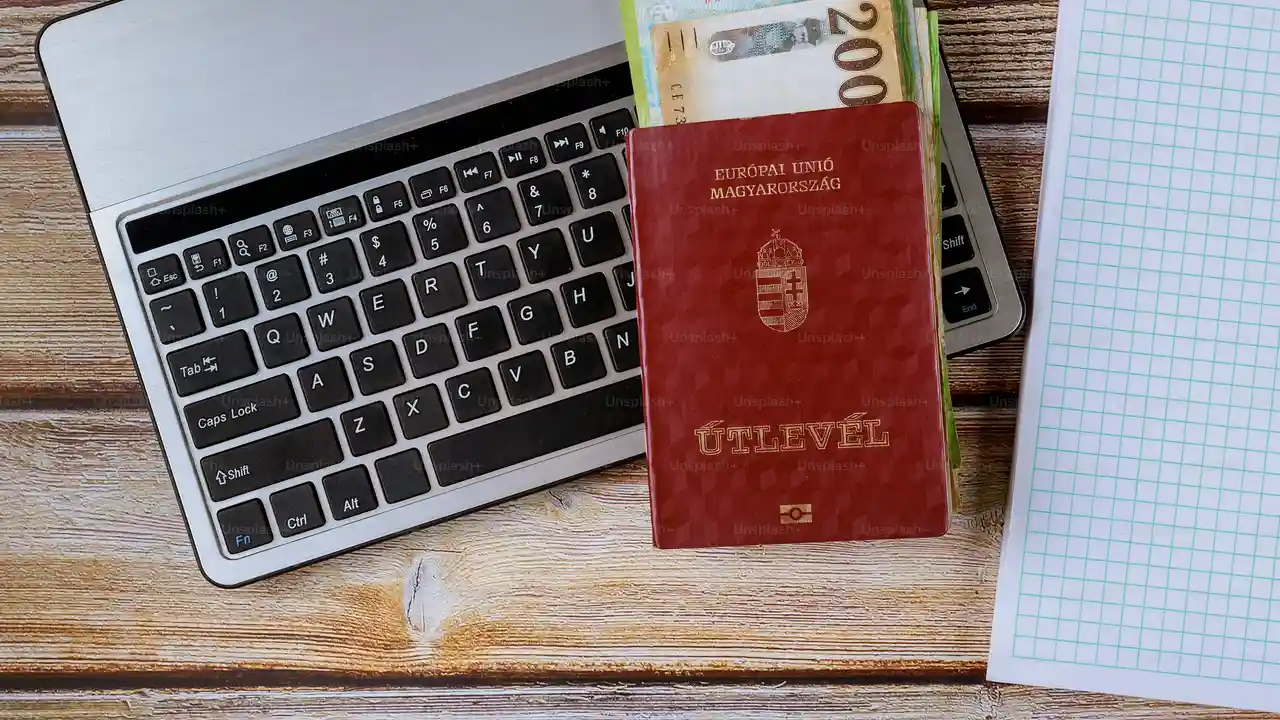Staying Compliant Abroad
Staying compliant with local regulations is crucial for a successful digital nomad experience. This article provides guidance on adhering to visa requirements, tax laws, and other legal obligations in Southeast Asia. Maintain a positive relationship with local authorities and enjoy your travels worry-free.

Understanding Visa Requirements for Digital Nomads in Southeast Asia
So, you've got the travel bug and the remote work gig? Awesome! Southeast Asia is calling your name. But before you pack your bags and hit the beaches of Thailand or the rice paddies of Bali, let's talk about something less glamorous but super important: staying compliant with local regulations, especially visa requirements. Trust me, a little planning here goes a long way.
First things first, you need to understand that being a \"digital nomad\" isn't a recognized visa category in most of Southeast Asia. You can't just waltz in and say, \"Hey, I'm a digital nomad, let me stay forever!\" You'll need a valid visa that allows you to be in the country legally. The most common options are:
- Tourist Visas: These are usually the easiest to obtain, but they come with restrictions. You can't legally work while on a tourist visa. It's a gray area, I know, but technically, if you're earning money from a source outside the country, some argue it's not \"working\" in the local sense. However, it's a risk. Tourist visas are typically valid for 30-90 days, depending on the country and your nationality.
- Visa Runs: This involves crossing the border to a neighboring country to renew your tourist visa. It's common, but immigration officials are getting wise to it. Frequent visa runs can raise red flags and potentially lead to being denied entry.
- Business Visas: If you're running your own business or consulting, a business visa might be an option. These often require sponsorship from a local company.
- Education Visas: If you're interested in learning the local language or taking a course, an education visa could be a good fit.
- Long-Stay Visas: Some countries, like Thailand with its \"Retirement Visa,\" offer long-stay visas for specific criteria (usually age and financial resources). While not specifically for digital nomads, they could be a viable option if you meet the requirements.
- Digital Nomad Visas (Emerging): Keep an eye out! Some countries are starting to explore the idea of dedicated digital nomad visas. These are still relatively new and may have specific requirements, such as minimum income thresholds or proof of health insurance. For example, Indonesia is frequently discussing a digital nomad visa, but it hasn't officially launched yet.
Key Takeaway: Research, research, research! Check the specific visa requirements for each country you plan to visit. The rules can change, so always get the most up-to-date information from the embassy or consulate.
Tax Laws and Obligations for US Digital Nomads in Southeast Asia
Okay, this is where things can get a little complicated. As a US citizen, you're generally required to file US taxes on your worldwide income, regardless of where you live. However, there are several provisions that can help you minimize your tax burden while working abroad.
- Foreign Earned Income Exclusion (FEIE): This allows you to exclude a certain amount of your foreign-earned income from US taxes. For 2023, the exclusion amount is $120,000. To qualify, you must meet either the physical presence test (being physically present in a foreign country for at least 330 full days during a 12-month period) or the bona fide residence test (establishing a bona fide residence in a foreign country).
- Foreign Tax Credit: If you pay taxes to a foreign country, you may be able to claim a foreign tax credit on your US tax return. This can help offset your US tax liability.
- Self-Employment Tax: As a self-employed digital nomad, you're responsible for paying self-employment taxes (Social Security and Medicare). However, you can deduct one-half of your self-employment tax from your gross income.
- State Taxes: Don't forget about state taxes! Depending on your state of residency, you may still be required to file a state tax return. Some states have special rules for residents living abroad.
Pro Tip: Consult with a qualified tax professional who specializes in international taxation. They can help you navigate the complex tax rules and ensure you're taking advantage of all available deductions and credits. Services like Greenback Expat Tax Services or H&R Block Expat Tax Services are great options.
Understanding Local Laws and Customs in Southeast Asia
Beyond visas and taxes, it's essential to be aware of and respect local laws and customs. What's acceptable in the US might be offensive or even illegal in Southeast Asia. Here are a few things to keep in mind:
- Dress Code: Dress modestly, especially when visiting religious sites. Cover your shoulders and knees.
- Public Displays of Affection: Avoid excessive public displays of affection.
- Pointing: Don't point with your finger. It's considered rude. Use your whole hand.
- Feet: Don't point your feet at people or sacred objects. The feet are considered the lowest part of the body.
- Touching the Head: Avoid touching someone's head. It's considered the most sacred part of the body.
- Bargaining: Bargaining is common in many markets, but do it respectfully. Don't try to haggle over small amounts.
- Drugs: Drug laws are very strict in Southeast Asia. Penalties for drug offenses can be severe, including imprisonment or even the death penalty.
- Alcohol: Be mindful of local alcohol regulations. Some countries have restrictions on the sale and consumption of alcohol.
- Online Activity: Be careful about what you post online. Criticism of the government or the monarchy can be illegal in some countries.
Example: In Thailand, it's illegal to insult the monarchy. Even seemingly harmless comments can land you in trouble. Similarly, in some Muslim-majority countries, public displays of affection or immodest dress can be frowned upon.
Essential Tools and Resources for Staying Compliant
Staying compliant requires staying informed. Here are some tools and resources that can help:
- Embassies and Consulates: The websites of US embassies and consulates provide valuable information on visa requirements, travel advisories, and local laws.
- Travel Forums and Blogs: Online forums and blogs dedicated to digital nomads can provide real-world insights and advice from other travelers. Check out sites like Nomad List and r/digitalnomad on Reddit.
- Government Websites: The US State Department website provides travel information and alerts for US citizens traveling abroad.
- Legal Professionals: If you have complex legal questions, consult with a lawyer who specializes in international law.
- Tax Professionals: Hire a tax advisor specializing in expat taxes to ensure you are compliant with both US and foreign tax laws.
Insurance and Healthcare Compliance for Digital Nomads
Don't forget about health insurance! US health insurance plans often don't provide adequate coverage abroad. You'll need travel insurance or international health insurance that covers medical expenses, evacuation, and repatriation. Here are a few options:
- SafetyWing: SafetyWing is a popular option for digital nomads, offering affordable travel medical insurance that covers you worldwide. They offer both Nomad Insurance (short-term travel medical) and Remote Health (more comprehensive health insurance). Nomad Insurance starts around $45/month.
- World Nomads: World Nomads is another popular choice, offering travel insurance that covers a wide range of activities and destinations. They are generally more expensive than SafetyWing, but offer broader coverage. A basic plan can start around $70/month.
- IMG Global: IMG offers comprehensive international health insurance plans that provide a higher level of coverage. They're a good option if you have pre-existing conditions or need extensive medical care. Plans can range from $100-$500+/month depending on coverage.
Important Consideration: Check the policy details carefully. Make sure it covers the activities you plan to do (e.g., scuba diving, motorbiking) and that it provides adequate coverage for medical emergencies. Also, understand the claims process.
Beyond insurance, be aware of local health regulations. Some countries may require proof of vaccination for certain diseases. Consult with your doctor or a travel clinic before you go to get the necessary vaccinations and medications.
Banking and Financial Compliance While Traveling
Managing your finances while traveling requires careful planning. Here are a few tips:
- Open a Travel-Friendly Bank Account: Choose a bank account that doesn't charge foreign transaction fees and offers free ATM withdrawals worldwide. Charles Schwab is a popular choice for US travelers.
- Use a Credit Card with No Foreign Transaction Fees: Many credit cards charge foreign transaction fees, which can add up quickly. Choose a credit card that waives these fees. The Capital One Venture Rewards card and the Chase Sapphire Preferred card are good options.
- Inform Your Bank of Your Travel Plans: Let your bank know when and where you'll be traveling to avoid having your card blocked.
- Set Up Online Banking: Make sure you can access your bank accounts online to monitor your transactions and pay bills.
- Consider Using a Money Transfer Service: Services like Wise (formerly TransferWise) and Xoom can be cheaper than traditional bank transfers for sending money internationally.
Example: Let's say you're transferring $1000 from the US to Thailand. A traditional bank might charge a $40 transfer fee plus a poor exchange rate, costing you an extra $50-$100. Wise, on the other hand, might charge a $5 transfer fee and offer a much better exchange rate, saving you a significant amount of money.
Staying Updated on Changing Regulations
Regulations change. What's true today might not be true tomorrow. Here's how to stay updated:
- Subscribe to Embassy Alerts: Sign up for email alerts from the US embassy in each country you plan to visit.
- Follow Travel Blogs and Forums: Stay informed about changes in regulations and visa requirements by following travel blogs and forums.
- Check Government Websites Regularly: Regularly check the websites of the immigration and tax authorities in the countries you're visiting.
Product Recommendations for Staying Organized and Compliant
Staying compliant also means staying organized. Here are a few product recommendations to help:
- Passport Holder with RFID Blocking: Protect your passport and credit cards from electronic theft with an RFID-blocking passport holder. The Zero Grid Passport Wallet is a popular and affordable option (around $20).
- Document Organizer: Keep your important documents (passport, visa, insurance information, etc.) organized in a document organizer. The Travelon Document Organizer is a well-regarded option (around $30).
- Portable Scanner: Scan important documents and save them to the cloud for safekeeping with a portable scanner. The Doxie Go SE is a compact and easy-to-use option (around $200).
- Password Manager: Use a password manager like LastPass or 1Password to securely store your passwords and other sensitive information. They offer free and paid plans.
Staying compliant might seem like a hassle, but it's essential for a smooth and enjoyable digital nomad experience. By doing your research, staying informed, and respecting local laws and customs, you can avoid potential problems and focus on enjoying your travels.
:max_bytes(150000):strip_icc()/277019-baked-pork-chops-with-cream-of-mushroom-soup-DDMFS-beauty-4x3-BG-7505-5762b731cf30447d9cbbbbbf387beafa.jpg)






